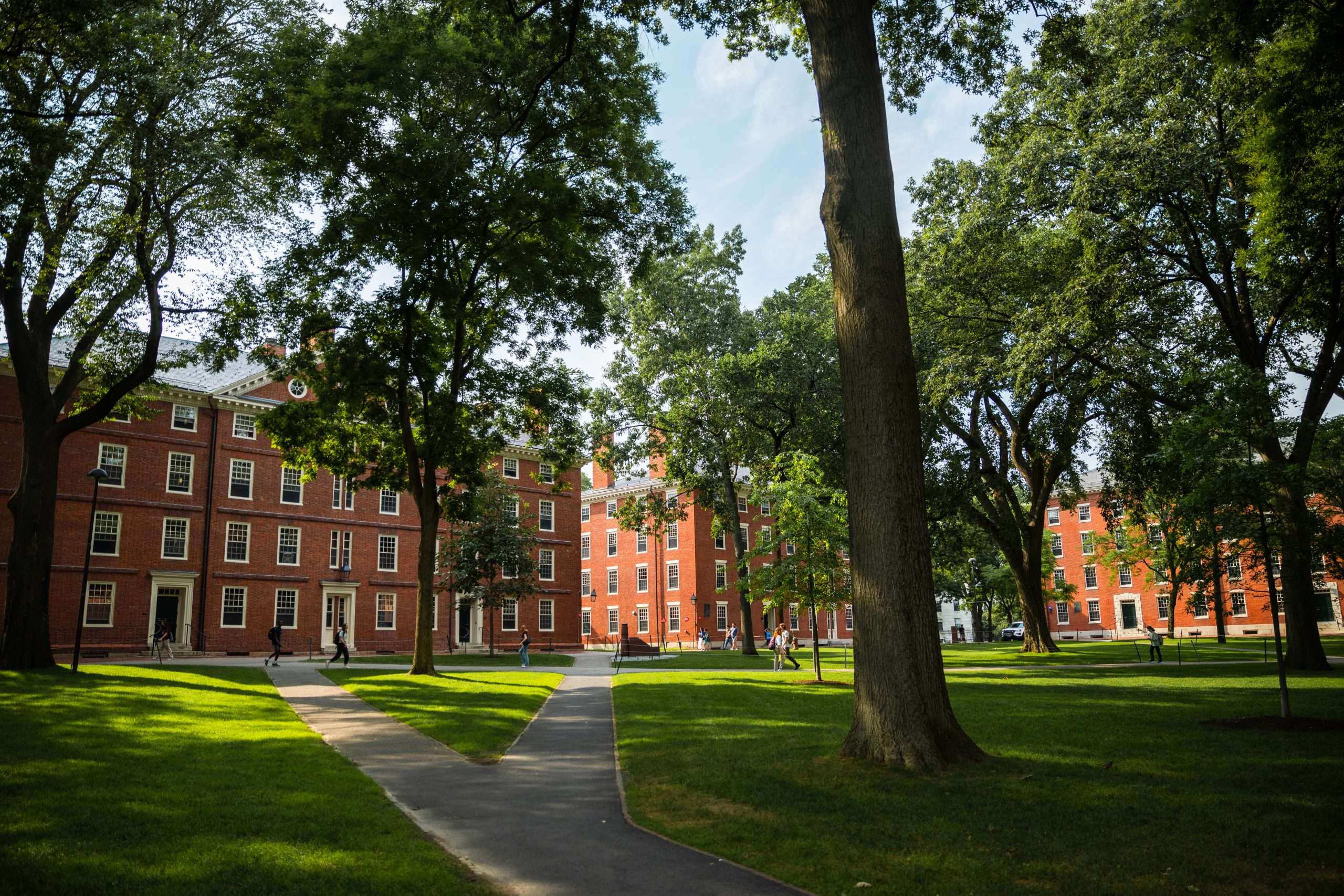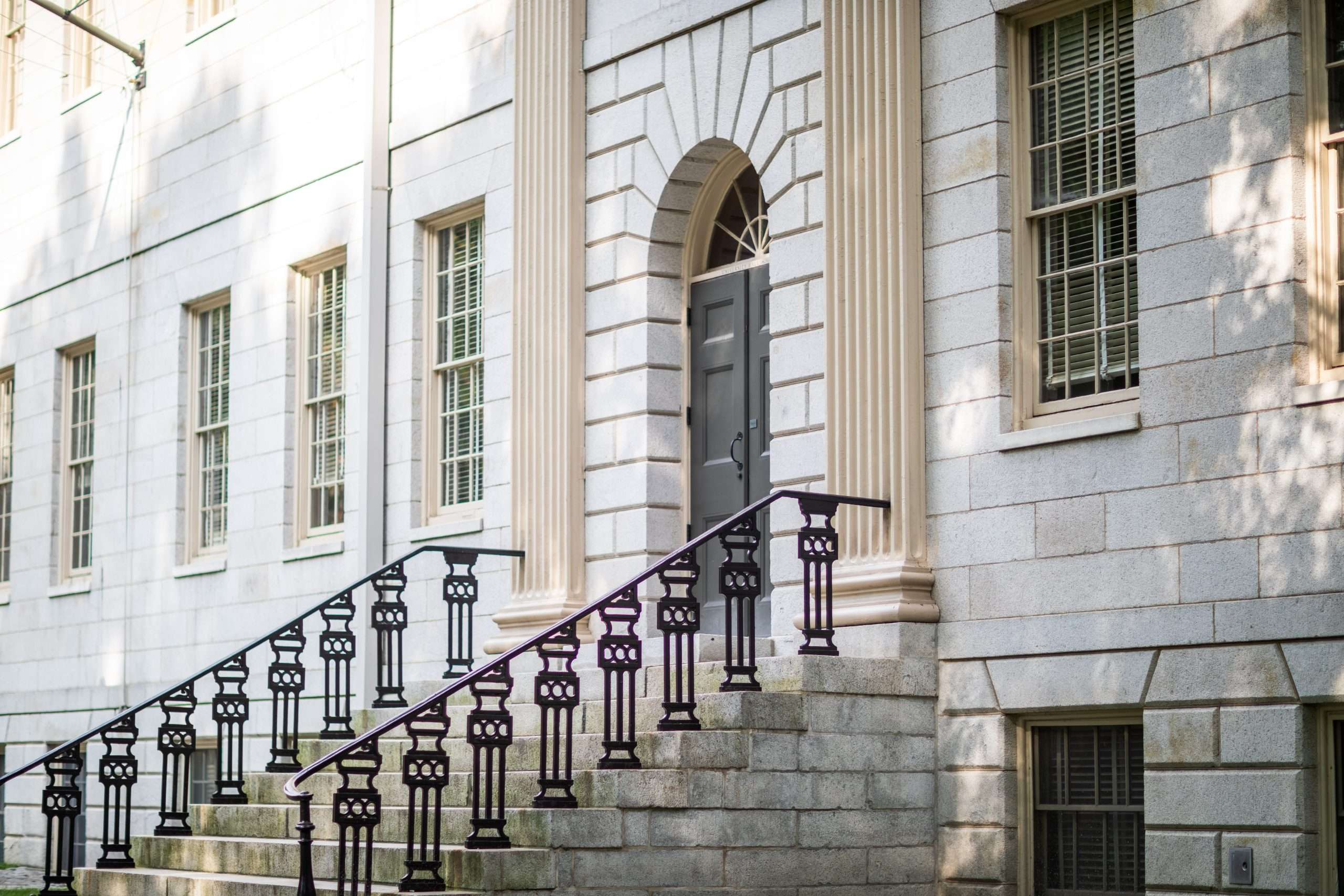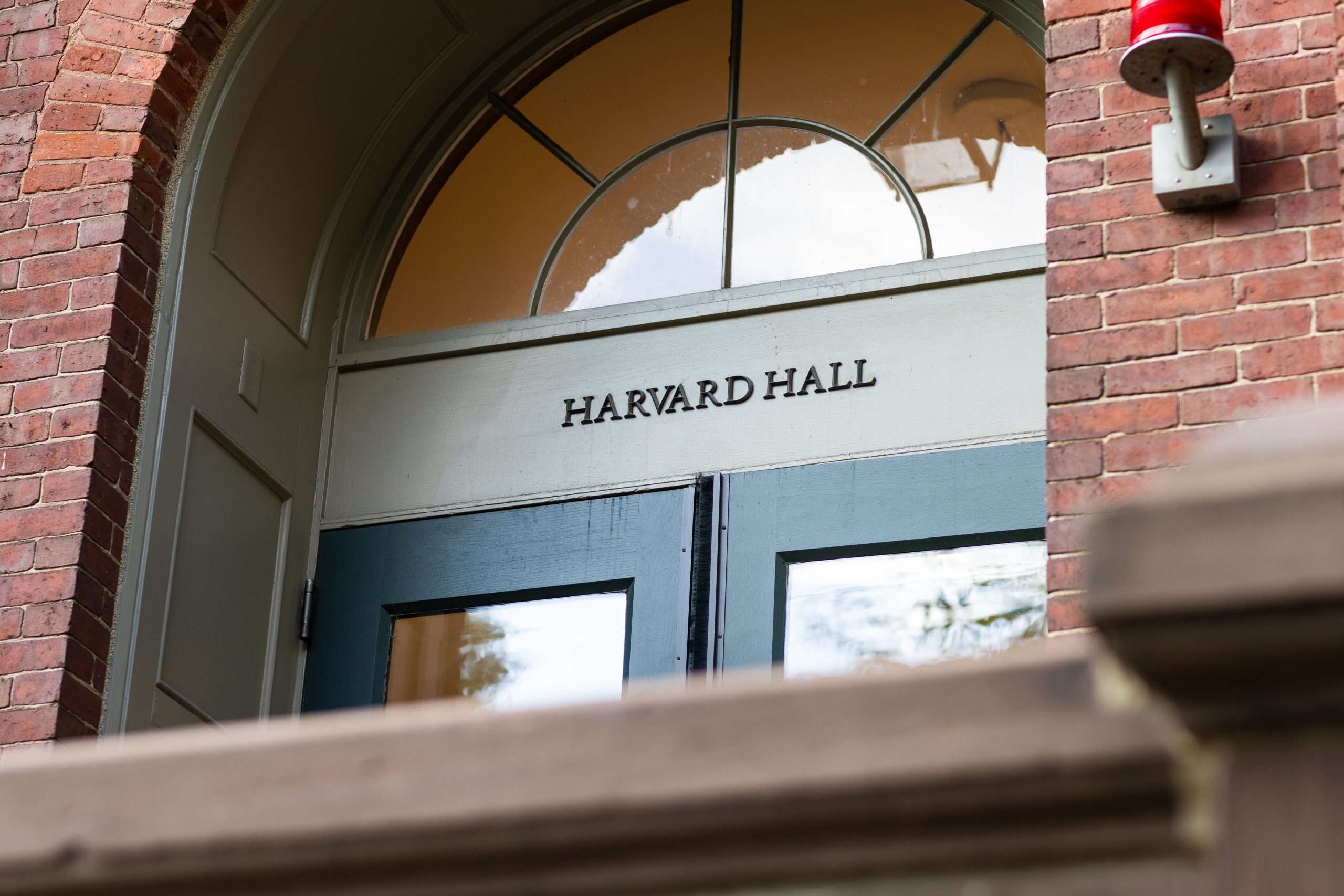The Ivy Coach Daily
What is the Highest Achievable SAT Score?

High schoolers applying to highly selective universities know the SAT all too well. It’s that pesky little standardized test you must take and do well on if you want a shot at an elite college education (unless you take the ACT). And best believe you should take it — don’t let the test-optional malarkey fool you. Colleges only implemented test-optional policies during the pandemic to drive down acceptance rates by flooding their applicant pools with squeakers, which is Ivy Coach’s term for the students who try to get into a school for which they aren’t qualified by applying without test scores. But a strong test score hasn’t gone out of style, not even close.
As more and more schools return to test-mandatory policies, it’s more important than ever to prepare for the SAT well in advance of your testing date and aim to achieve the highest possible score, which, by the way, is 1600 — 800 in the Math section and 800 in the Reading and Writing section. The closer you get to this 1600 target, the higher your odds of admission to a top school.
The History of the SAT’s Scoring System
In many ways, the SAT is a vestige of the post-WWII tendency in the U.S. to overhaul and standardize every aspect of American life. In fact, the SAT has a troublesome history that stretches back to the late nineteenth century, in which its aims were far more discriminatory and far less about leveling the educational playing field. Suffice it to say that not everyone was on board with it! In any event, by the 1980s and 1990s, students across the country were regularly taking the SAT for college admissions purposes, and it was graded on a 1600-point scale.
In 2005, a new writing section was introduced, along with another 800 points to the maximum score, raising the highest possible SAT score to 2400. However, this change would prove short-lived, as by 2014, The College Board (the institution that administers the SAT) was retooling it again. Finally, they decided to return the scoring system to the 1600-point scale we all know and love, and the rest, as they say, was history!
Or maybe not. Still more changes would be on the horizon. High schoolers today know the SAT as the digital exam administered on a computer, which algorithmically adjusts as you take it according to your ability level. However, as far as grading goes, the 1600-point scale isn’t going anywhere. But the question still remains: do you need to get a perfect SAT score if you want to get into a top school?
Aim for the Highest SAT Score Possible, But Don’t Expect Perfection
The truth is that achieving a perfect score on the SAT isn’t super likely. According to the College Board, fewer than 1% of test takers wind up with a perfect score. Looking at the score distributions for a place like Harvard University, though, you might get a different sense of things. According to Common Data Set information published by this little school outside of Boston, the 75th percentile of SAT scores for admitted students sits at 1580 — just twenty points shy of perfection. In other words, it’s quite likely that a not insignificant proportion of students applied to Harvard with SAT scores of 1600.
While this is an extreme example, a high SAT score is a major building block of elite college admission. Fortunately, Ivy Coach’s Senior Tutor, Dr. Fran Bigman, is no stranger to helping students achieve perfect or near-perfect SAT scores. Her personalized approach to tutoring has helped many students ace this exam.
If you’re interested in enlisting Dr. Fran’s help to get your child prepared for the SAT and thus optimize their odds of admission to the school of their dreams, fill out Ivy Coach’s complimentary consultation form, and we’ll be in touch with an outline of our services.
You are permitted to use www.ivycoach.com (including the content of the Blog) for your personal, non-commercial use only. You must not copy, download, print, or otherwise distribute the content on our site without the prior written consent of Ivy Coach, Inc.
TOWARD THE CONQUEST OF ADMISSION
If you’re interested in Ivy Coach’s college counseling, fill out our complimentary consultation form and we’ll be in touch.
Get Started




